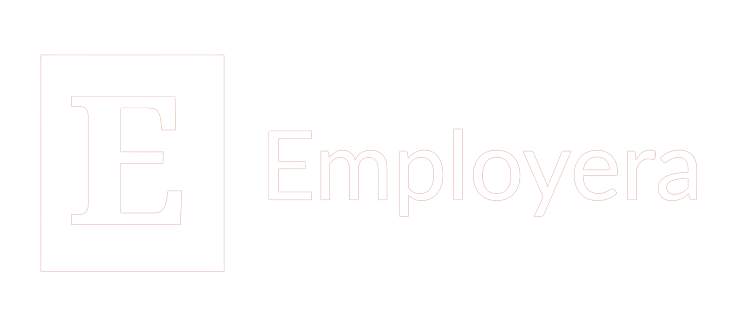The single biggest reason EVP projects fail. And what to do instead.
By Andy Getsey, Co-Founder, Employera
The great resignation. The great regret. Work from home. Hybrid workstyles. Spotlight on DEI. With all the change happening, many companies are revisiting their Employer Value Propositions (EVPs) to keep their communications about the value of the careers they offer compelling and up to date, as their workstyles and cultures evolve.
Many of these efforts will fail.
Why?
The single biggest reason EVP projects fail
The single biggest reason is that creating or revising an EVP is often approached as a writing exercise with only a few people involved. The writer(s) will interview a small number of senior executives, then write a draft which will go through several cycles of review and edits until they’re approved by the execs.
EVPs created this way usually don’t land as well as they could with the audiences they really need to resonate with - candidates and employees. They don’t engage enough people inside the organization to be well-informed, authentic or differentiated enough from competitors. And EVPs created this way usually don’t gain organic traction across the organization because the project was not socialized well.
I know, because our firm, Employera, is regularly hired by large companies after writing-driven efforts fall short.
What to do instead
There’s a lot to talk about regarding research and process to get your EVP just right (more on that in an upcoming post).
But the one thing you can do to increase the odds of your EVP project succeeding and being adopted across the enterprise is to make it a strategic, cross-functional team effort. 9 times out of 10, when the right people aren’t part of the process from the start, the project dies a slow death from lack of proper socialization and becomes an endless exercise in wordsmithing.
Here’s who should be on the project team, and what they’ll do:
A C-Suite project sponsor - often Chief HR or Chief Communications officer - to champion the effort. They can ensure the invitation to be part of this work isn’t seen as just another “ask”, but rather, a strategic initiative they are being invited to participate in. They are also invaluable in communicating with leaders, ensuring understanding of the what, why and how of the project.
Select execs for check-ins, input at key moments in development and final approval: usually CEO, CHRO, CCO, and Division heads.
A strong, experienced operational project leader from Communications or TA. Someone who can keep the project well-communicated at each step, keep the rest of the team functioning efficiently.
A cross section of executives and players from different roles, tenures and locations across the organization to be interviewed about why they joined and why they stay. This will also be the group to select from to to be a focus group for EVP drafts to make sure they land authentically and in a compelling way. They’ll call “BS” on claims that aren’t real.
An EVP team for analysis and writing. Usually a cross section of good researchers and writers representing HR, TA and Comms people from HQ and divisions―to do the competitive analysis, review internal engagement, exit interview and pan-organizational interview research, draw conclusions and make suggestions for initial direction for the new EVP. And to participate in two or three, 2-4 hour group writing sessions to create EVP drafts. Then to focus group the drafts, make edits and ultimately attain approval from the executive team. 2-3 passes usually does the trick.
It’s more work to do it this way, but we’ve never seen it fail.
It definitely takes more than just a writing exercise to ensure an EVP is adopted and supported by the teams you need to bring it to life. But it’s worth the time and effort. Getting an EVP right is strategically important to the future of every company, and this type of organization-wide, cross functional team effort is an enterprise-aligned approach that we’ve never seen fail.
#EVP #EmployerValueProposition #EmployerBranding #Employera
Want a perspective on your EVP project? Or want to share ideas about employer branding or talent communications? Get in touch at: https://www.linkedin.com/in/andygetsey/. Andy Getsey is a co-founder of Employera, an employer branding and talent communications agency that helps large and mid-size companies attract, inspire and retain great people.
About Employera
This is the Era of the Employee. Employera builds, promotes, and drives employer branding through all the touchpoints in the employee journey, from talent acquisition to alumni status. Our services include Employer Branding, Experience Design, Internal Communications and DE&I Communications. We work with some of the most dynamic companies in the world, from well-known global brands to mid-sized companies and hot startups. Employera’s senior leaders are at the top of their fields, and come from major global companies, consulting firms and academia. We’ve worked on the inside as function leaders, and on the outside as expert consultants in all the service lines we offer. Our diverse points of view create powerful ideas and practical bottom line impact.

